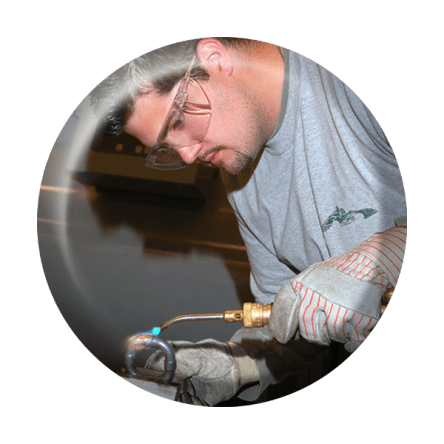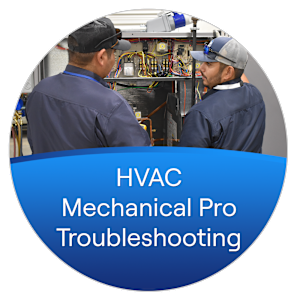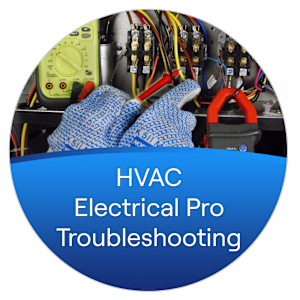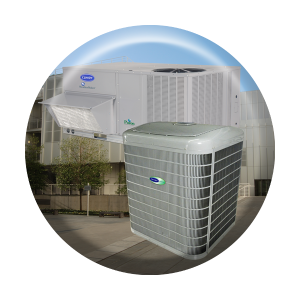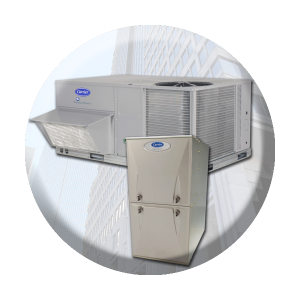Basic Apprentice Start Up and Installation
SER 024
This class was specifically developed for the person with minimum training or field experience. It is intended to quickly help a new hire become a useful and profitable member of the installation team.
- Practical hands-on training to install and start-up residential and light commercial HVAC equipment
- Skills covered include brazing, refrigerant recovery and charging
- Proper use of common HVAC troubleshooting tools
| duration | cost | format |
|---|---|---|
| 4 days | $1,400 | classroom |
For custom class or hosted class requests, please fill out a request form here. Please email completed forms to [email protected].
Designed for the new hire into the HVAC residential light commercial installation and startup business, this course was specifically developed for the person with minimum training or field experience. It is intended to quickly help a new hire become a useful and profitable member of the installation team. The course not only provides practical hands-on training, but will show the students the right way to install and start residential and light commercial equipment. This will help insure proper system operation with top efficiency, promote customer satisfaction, and eliminate costly callbacks. This course can also provide the first stepping stone in training for an installer, who is being groomed to advance towards a service technician position. This 4-day course splits time in the classroom with hands-on training. Skills covered include brazing, refrigerant recovery and charging and proper use of common HVAC troubleshooting tools. The class is 30% to 40% lab time.
Upon request, the EPA 608 certification can be held after class at a slight additional cost. This certification is required to handle refrigerants.
Who should attend this training
This course is for HVAC technicians with a minimum of one year of field experience or a graduate of an HVAC training program. Students are expected to have basic math skills and a basic understanding of HVAC tools (gages and digital thermometers) and troubleshooting equipment.
Learning Objectives
At the conclusion of this course each student should be able to:
- Plan an installation to determine location of equipment and required equipment, supplies and tools
- Use a refrigerant P/T charts to calculate superheat and subcooling
- Test refrigerant charge, add and recover refrigerant, evacuate an A/C system and braze
- Read and interpret various wiring diagrams
- Anticipate furnace venting issues
Training Methods Used
This course uses a combination of classroom lecture, videos, animations, tours in the training facility lab, demonstrations, practical labs on operating equipment and workshops to present the material. Student’s achievement of the learning objectives is determined by successful completion of the workshops, labs, homework, and final written and practical exam. Workshops are instructor guided exercises using the procedures taught in the lectures.
Topics Covered
All times are approximate and shown as (classroom hours/lab or workshop hours).
- Air Conditioning fundamentals (2.0/0)
- Pressure Temperature (1/0.5)
- Refrigerant Service techniques (2.0/1.0)
- EPA Guidelines (2.0/0)
- Safety (0.5/0)
- Planning the installation (1.0/0)
- Refrigerant piping (1.0/0)
- Soldering and brazing (1.0/2.0)
- Electrical symbols (1.5/0)
- Electrical testing (1.5/1.5)
- Electrical troubleshooting (1.0/2.0)
- Residential gas furnaces (1.5/0)
- Gas furnace application (1.5/1.5)
- Thermostats, thermidistat and controls (0.5/0)
- Customer relations (0.5/0)
Completion requirements
To receive a certificate for this course student must be present for the entire course, complete all workshops and labs and receive a grade of 70% (C+) on graded labs, homework and final.
Prerequisite requirements
None.
Suggested background
For technicians just entering the HVAC field or persons with no field experience.
Materials to bring
No special equipment is required we provide the appropriate safety equipment required by Carrier. Arc flash equipment is not required for the voltages used in the lab, if you are required by your company to use other PPE you may bring that to class.
What you will receive
Students in this course receive a course workbook, Carrier Service Procedures handbook, safety gloves and goggles, charging calculators, and PT cards.
Appropriate dress for this class
This class has a number of exercises that take place in the lab on operating units; participants should wear long pants, closed toed shoes and appropriate shirt, long or short sleeve. If your employer requires special dress which is more stringent than these requirements, this dress should be worn.
Class hours
Class starts at 8 AM Monday and runs from 8 AM till 5 PM each day including Friday. Travel arrangements should be made accordingly.
Location & lodging
Carrier University is located at 5900 Northwoods Business Parkway, Charlotte, NC 28269. Lodging options can be found here.
Designed for the new hire into the HVAC residential light commercial installation and startup business, this course was specifically developed for the person with minimum training or field experience. It is intended to quickly help a new hire become a useful and profitable member of the installation team. The course not only provides practical hands-on training, but will show the students the right way to install and start residential and light commercial equipment. This will help insure proper system operation with top efficiency, promote customer satisfaction, and eliminate costly callbacks. This course can also provide the first stepping stone in training for an installer, who is being groomed to advance towards a service technician position. This 4-day course splits time in the classroom with hands-on training. Skills covered include brazing, refrigerant recovery and charging and proper use of common HVAC troubleshooting tools. The class is 30% to 40% lab time.
Upon request, the EPA 608 certification can be held after class at a slight additional cost. This certification is required to handle refrigerants.
Who should attend this training
This course is for HVAC technicians with a minimum of one year of field experience or a graduate of an HVAC training program. Students are expected to have basic math skills and a basic understanding of HVAC tools (gages and digital thermometers) and troubleshooting equipment.
Learning Objectives
At the conclusion of this course each student should be able to:
- Plan an installation to determine location of equipment and required equipment, supplies and tools
- Use a refrigerant P/T charts to calculate superheat and subcooling
- Test refrigerant charge, add and recover refrigerant, evacuate an A/C system and braze
- Read and interpret various wiring diagrams
- Anticipate furnace venting issues
Training Methods Used
This course uses a combination of classroom lecture, videos, animations, tours in the training facility lab, demonstrations, practical labs on operating equipment and workshops to present the material. Student’s achievement of the learning objectives is determined by successful completion of the workshops, labs, homework, and final written and practical exam. Workshops are instructor guided exercises using the procedures taught in the lectures.
Topics Covered
All times are approximate and shown as (classroom hours/lab or workshop hours).
- Air Conditioning fundamentals (2.0/0)
- Pressure Temperature (1/0.5)
- Refrigerant Service techniques (2.0/1.0)
- EPA Guidelines (2.0/0)
- Safety (0.5/0)
- Planning the installation (1.0/0)
- Refrigerant piping (1.0/0)
- Soldering and brazing (1.0/2.0)
- Electrical symbols (1.5/0)
- Electrical testing (1.5/1.5)
- Electrical troubleshooting (1.0/2.0)
- Residential gas furnaces (1.5/0)
- Gas furnace application (1.5/1.5)
- Thermostats, thermidistat and controls (0.5/0)
- Customer relations (0.5/0)
Completion requirements
To receive a certificate for this course student must be present for the entire course, complete all workshops and labs and receive a grade of 70% (C+) on graded labs, homework and final.
Prerequisite requirements
None.
Suggested background
For technicians just entering the HVAC field or persons with no field experience.
Materials to bring
No special equipment is required we provide the appropriate safety equipment required by Carrier. Arc flash equipment is not required for the voltages used in the lab, if you are required by your company to use other PPE you may bring that to class.
What you will receive
Students in this course receive a course workbook, Carrier Service Procedures handbook, safety gloves and goggles, charging calculators, and PT cards.
Appropriate dress for this class
This class has a number of exercises that take place in the lab on operating units; participants should wear long pants, closed toed shoes and appropriate shirt, long or short sleeve. If your employer requires special dress which is more stringent than these requirements, this dress should be worn.
Class hours
Class starts at 8 AM Monday and runs from 8 AM till 5 PM each day including Friday. Travel arrangements should be made accordingly.
Location & lodging
Carrier University is located at 5900 Northwoods Business Parkway, Charlotte, NC 28269. Lodging options can be found here.

